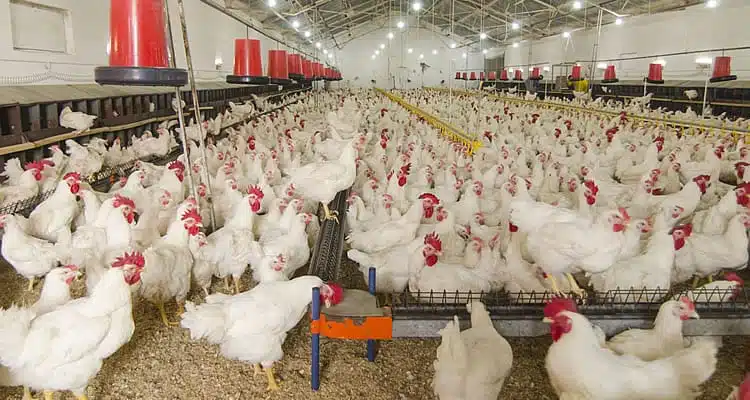Australian offices have begun warning people about the risk of consuming raw or uncooked eggs after an increasing number of incidences of salmonella were sourced to raw egg consumption.
In the last 10 years the cases of salmonella have practically doubled, from about 7,000 in 2003 to nearly 13,000 this past year, according to a story published Tuesday at Good Food.com.au.
The Department of Health in Victoria commented, “Salmonella bacteria are found in humans and in wild, farm and pet animals and birds, particularly chickens. … As Salmonella infection of chickens is common, the bacteria can often be found in raw chicken meat and on eggs.”
The most recent outbreaks of Salmonella in Australia occurred in February 2014 and were linked back to mayonnaise, a food product containing raw eggs. More than 200 people were affected with the bacteria after eating at a café in Torquay, around the same time several became ill from eating a hotel in St. Kilda, both located near Melbourne.
A Victoria farm had its sales restricted after the two outbreaks were sourced to raw eggs produced there; they will be required to wash all eggs for sale and improve cleanliness in laying sheds before they can begin selling again.
220 people became ill and one woman died after a luncheon in Brisbane in 2013, and another 140 people became ill on Mother’s Day after eating at a Canberra restaurant.
Dr. Rosemary Lester, Victoria’s chief health officer cautioned about certain foods and drinks containing raw or uncooked eggs that have been linked to Salmonella outbreaks in the area. These included mayonnaise, the popular holiday drink eggnog, aioli and the desert tiramisu.
“These foods can be a risk, especially for the elderly and people with lowered immunity, children and pregnant women,” she said, adding that eggs should be cooked “until they were hot all the way through” to make sure they are safe to eat.
Salmonella is a bacterium that causes a type of food poisoning known as Salmonellosis; it can be transferred between humans and animals. People at most risk for contracting Salmonella are children under five, seniors and those with existing health issues. Common symptoms include diarrhea, fever, vomiting, and abdominal pain or cramping.
Symptoms can develop anywhere between 12 to 72 hours after contact with the bacteria and lasts four to seven days. In serious cases hospitalization may be required if the person becomes too dehydrated. Salmonella is most commonly contracted from improper food handling or processing, person-to-person contact and cross contamination.

